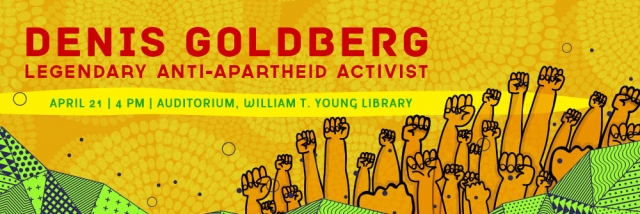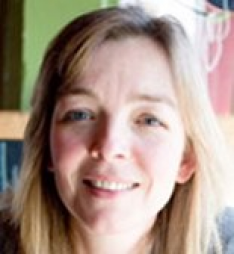Saving the World: Reflections on the US Government and Energy Security
“Saving the world” must sound terribly overstated, but global warming has become just that kind of issue for the U.S. government. Countering the effects of global warming has become an integral part of nearly every U.S. policy, and it is clear that if the U.S. government is to save our country from the effects of global warming, it must literally save the world, as we all live in a shared environment. Also, the need to save the world is mostly an issue of our own making, reflecting our desire for better, more secure lives based on improved health, agriculture, technology, national defense and mobility, and we have been so successful at creating these lives that much of the world now aspires to live the same. These improvements, however, require ever higher energy demands, which have been largely met by fossil fuels like coal, oil and gas that generate the greenhouse gases which have primarily fueled global warming.
Through accidents of geology and creative U.S. technology, our country is now offering the world an alternative to high-carbon fuels like coal and oil, and that is shale gas, natural gas produced from organic-rich shales that abound in our country and in much of the world — even in Kentucky! These rocks have been known and ignored for a long time, because the technology to fracture them and allow gas to flow was available until recently. This technology has now made gas the “go-to” fuel to counter global warming, because it produces less than half the CO2 of burning coal and lacks the associated particulate and gaseous pollutants. As a result, it has become U.S. government policy to help wean countries from coal dependence, diversify energy sources, and encourage the switch to natural gas and other unconventional fuels.
Energy necessarily creates vulnerabilities and leverage among countries. Shale gas, for example, has made the U.S. a largely self-reliant, energy superpower and given it the leverage to further its environmental, energy-security and economic objectives, as well as those of its allies. At the same time, however, we must realize that gas is only a bridge fuel — a transition to a period of diverse, renewable energy, energy efficiency and sustainable development. It is hoped that this transition, what the Germans call “energiewende,” could ultimately result in a reorientation from demand to supply, a shift for centralized to dispersed energy distribution, and an overall democratization of energy.
Gas shales have clearly been a real game changer for the U.S., and potentially for the world, and for the last nine months as a Jefferson Fellow, I have been using my knowledge of gas shales to help colleagues in the Bureau of Energy Resources, Department of State, understand and assess shale resources. This has given me the opportunity to see how government works (or doesn’t) and how energy policy is formulated. In this talk, I would like to share some reflections on these issues with you.


 Jody Miller, Professor of Criminal Justice at Rutgers University, examines how inequalities of gender, race, and class shape young
Jody Miller, Professor of Criminal Justice at Rutgers University, examines how inequalities of gender, race, and class shape young 